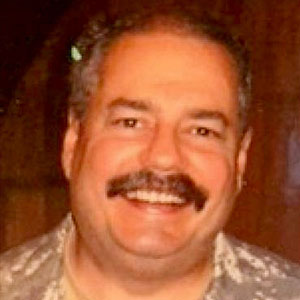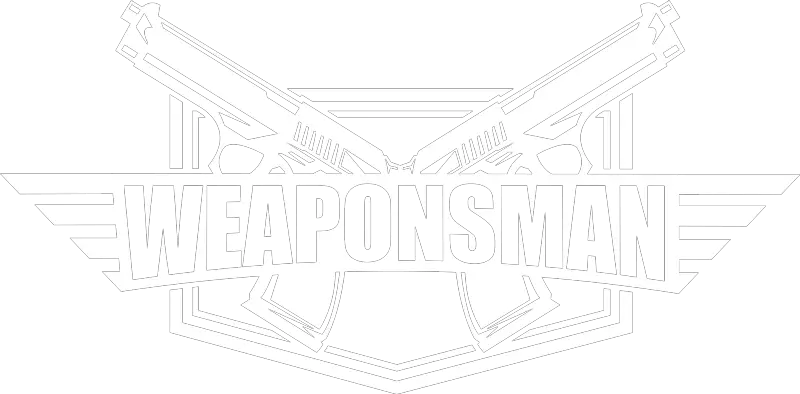Here is a video of one of the enoute Dignified Transfers of the remains of Special Forces Warrant Officer Shawn Thomas of 3rd Special Forces Group at Fort Bragg. WO1 Thomas fell not in combat with an armed enemy, but in a motor vehicle accident in Niger, Africa, during a routine joint combined training/exercise deployment. That doesn’t make him any less dead, nor does it alter the grief of his wife, his friends and teammates, and, even, the crew and passengers of the plane that transported his remains.
We in the SF community are grateful to the aircrew, airline, and especially the passengers who showed such great respect, despite being inconvenienced.
Freedom isn’t free. In our eight or nine years of peacetime active duty, our Special Forces group lost men to electrocution, parachute mishaps, a Fulton STAR mishap, a skiing mishap, and even to entanglement in brush while crossing a stream swollen with snowmelt runoff. And, yes, motor vehicle accidents. After going into the Reserves and Guard, we we less connected to the other battalions and companies in our Group, but we’d get word of fatal and serious accidents from time to time.
You can’t train for combat without some risky activities. And you can’t conduct risky activity indefinitely without rolling snake eyes some time.
In cases like this, where fallen service members are transported on commercial aircraft, it’s customary for the cockpit crew to hold the doors on the aircraft (with the exception of allowing an escort to debark) to allow the casket to be transferred with suitable dignity. As you can see in the video, the pallbearers — often from the decedent’s unit, and sometimes volunteers — and the mortuary personnel have a procedure for this and execute it with the maximum dignity to the memory of the fallen man, and the minimum inconvenience to other travelers.
Very occasionally, someone gets mouthy or disrespectful on the plane. You can’t eliminate a certain percentage of humanity being jerks. But it doesn’t happen much, because, after all, they’re already segregated — most of Hollywood and Congress flies by private jet.

Kevin was a former Special Forces weapons man (MOS 18B, before the 18 series, 11B with Skill Qualification Indicator of S). His focus was on weapons: their history, effects and employment. He started WeaponsMan.com in 2011 and operated it until he passed away in 2017. His work is being preserved here at the request of his family.

7 thoughts on “An SF Brother Comes Home”
Very Moving.
I recommend the Movie Taking Chance if you haven’t seen it.
I think its free on Amazon Prime.
https://smile.amazon.com/Taking-Chance-Kevin-Bacon/dp/B009M8Q3O8/ref=sr_1_1?ie=UTF8&qid=1488220069&sr=8-1&keywords=Taking+Chance
It does a good job of detailing a fallen service members journey home.
Despite the fact that it was made by HBO, its surprisingly neutral.
That is an excellent movie.
ETA: not previously reviewed here, but mentioned: https://weaponsman.com/?p=8830
Been part of these on several occasions. Always tough to watch. RIP and thank you.
Hognose, in 2005 you had a post called ON SERVING IN PEACE AND WAR on the now defunct Hoglog.
It was about peacetime deaths and injuries, including what happened to Rich C. In September 2001.
I think it’s worth reposting, and I have an archive.org link, but I’m asking if it’s okay with you-I don’t know why you abandoned the Hoglog thing. (No link in nick, for a change.)
Hognose
James, I think what happened was that the application I used for it went paws up (the whole company did). Feel free to share the link. “Hognose from SF” is only hard to track down for anyone who doesn’t try too hard.
Here it is, written by Hognose in 2005:
Thanks for that look back. It was before I found this excellent site.
I spent a fantastic year and half on a local construction site 2006-7. I worked in the trailer and it was a real growth experience. However not for everybody. The company was having upgrades constructed however the coal fired plant continued to operate and vent gasses through the existing structure. A contractor was working on parts of the system 100 feet up. One member stepped back wards for a reason I never learned. The safety fence gave way and he fell into a metal scrap bin on the construction site that was full of metal trash. Needless to say DRT.
I had to make visual checks of parts of our part of the project. Among the equipment we had were these fascinating Volvo off road trucks. They were gimbaled between the cap and the bed. They weighed 20 tons and could carry a 20 ton dry load. When one went by you felt the ground shake. You can believe I was head on a swivel on my walks.
Keep your powder dry, your eyes on the ball whatever you are doing and your faith in God.